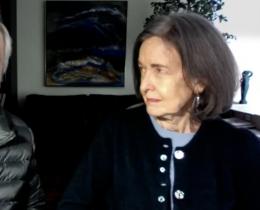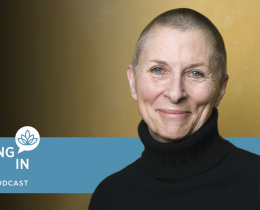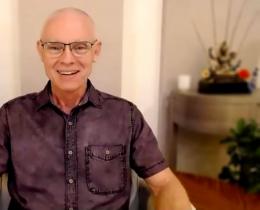Omega: This is a question you ask participants at the beginning of your workshop. What is being Queer? What is it for you?
Yuval: To me, being Queer, is being YOU, whatever and whoever you are, unapologetically, on any level—sexually, as far as your gender identity, your relationship preferences, as far as your expression (artistically, how you dress/look), and so much more.
A queer person follows their own heart, with respect but with no consideration to what “rules” and constructs society pushes on them. And in this regard, I consider us, queer folk, as the luckiest humans on earth!
So many people live with constant pressure, trying to please people they love, people they admire, people they work for, putting their own selves to the sidelines. That is very heavy to carry through life and will have consequences on one’s health. Queer people, in my mind, have the opportunity to be better connected to ourselves (our true selves) and to our authentic hearts’ desires.
Omega: You have said that discovering your own identity as a queer person can be confusing. How did you find your own identity as a queer person?
German: Coming from a very conservative country, where LGBTQIA+ conversations are still largely considered taboo, my identity as a queer pansexual cis male was not a smooth and intuitive journey. I had to go through a whole process of deconstruction and rebuilding to allow myself to explore what these notions of self meant. The confusion, in my case, did not stem from the discovery of who I am. Instead, it came from letting go of what I thought I should be.
Yuval: Actually for me, it was not so hard, I am happy to report. I moved to New York City right before I turned 19, and placed myself in an environment that was nonjudgmental, where everyone had freedom to explore and express. It was very healthy for me. But I keep learning, through the LGBTQIA+ work that I do (affinity circles and programs), that this can be very hard, not only for older generations but for younger generations just as much.





